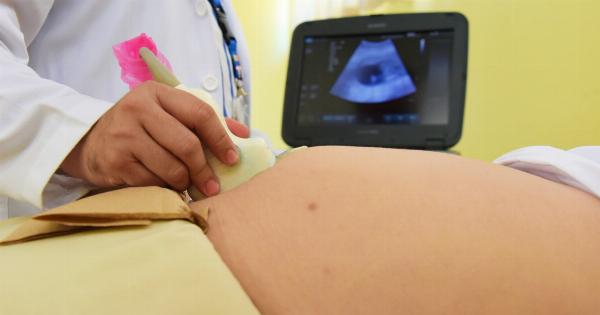Food poisoning is a common and potentially serious illness that can occur when food is contaminated with harmful bacteria, viruses, parasites, or other toxins.
The symptoms of food poisoning can range from mild stomach upset to severe dehydration, organ damage, and even death, so it’s important to take steps to prevent foodborne illness whenever you cook, eat, or handle food.
What causes food poisoning?
Food poisoning can be caused by a wide range of bacteria, viruses, parasites, and toxins, including:.
- Salmonella
- E. coli
- Staphylococcus aureus
- Campylobacter
- Listeria
- Clostridium perfringens
- Botulism toxin
- Norovirus
- Hepatitis A
These harmful substances can contaminate food at any point along the food chain, from production and processing to preparation and storage. Common sources of food poisoning include:.
- Undercooked or raw meat, poultry, and seafood
- Unpasteurized dairy products
- Raw fruits and vegetables
- Eggs and egg products
- Cross-contamination from contaminated surfaces or utensils
- Poor hygiene and sanitation practices
What are the symptoms of food poisoning?
The symptoms of food poisoning can vary depending on the type of contaminant and the severity of the illness, but common symptoms include:.
- Nausea and vomiting
- Diarrhea
- Abdominal cramps and pain
- Fever and chills
- Headache
- Dehydration
In severe cases, food poisoning can cause organ damage, sepsis, and even death, especially in vulnerable populations like young children, elderly adults, and individuals with weakened immune systems.
How can you prevent food poisoning?
The good news is that food poisoning is largely preventable if you take the right precautions in the kitchen and when handling food. Here are some tips to minimize your risk of foodborne illness:.
Cook food to the proper temperature
One of the most important things you can do to prevent food poisoning is to cook meat, poultry, fish, and eggs to the proper internal temperature, which can kill harmful bacteria and viruses.
Use a food thermometer to ensure that your food is cooked to the following temperatures:.
- Beef, pork, and lamb: 145°F for whole cuts, 160°F for ground meat
- Poultry and stuffing: 165°F
- Fish: 145°F or until flesh is opaque and flakes easily with a fork
- Eggs: Cook until firm, not runny
Practice good hygiene and sanitation
Another key step in preventing foodborne illness is to maintain good hygiene and sanitation practices in the kitchen and when handling food:.
- Wash hands and surfaces frequently: Wash your hands before and after handling food, and wash cutting boards, utensils, and countertops with hot, soapy water after each use.
- Avoid cross-contamination: Use separate cutting boards and utensils for raw meat, poultry, and seafood, and keep cold and hot foods separated to prevent bacterial growth.
- Store food properly: Refrigerate perishable items like meat, dairy, and eggs as soon as possible (within 2 hours) and use or freeze them within their expiration date. Thaw frozen foods in the fridge rather than on the counter to prevent bacterial growth.
Be cautious when eating out
When eating out at restaurants or buying prepared foods, it can be more difficult to control food safety, but there are still some steps you can take to minimize your risk:.
- Avoid high-risk foods: Opt for cooked rather than raw items, avoid undercooked meat or eggs, and ask if the restaurant uses unpasteurized cheese, raw sprouts, or other potentially risky ingredients.
- Check for cleanliness: Look for signs of cleanliness and hygiene, such as clean restrooms and visible handwashing stations for employees. Be wary of dirty or crowded dining rooms, which can increase your risk of cross-contamination.
What should you do if you have symptoms of food poisoning?
If you have symptoms of food poisoning, it’s important to seek medical attention as soon as possible, especially if you are in a high-risk group like pregnant women, young children, or elderly adults.
Your doctor can diagnose the cause of your illness and recommend appropriate treatment, such as antibiotics or IV fluids for dehydration.
In the meantime, you can take steps to alleviate your symptoms and prevent dehydration, such as:.
- Drink plenty of fluids: Rehydration is key to recovery from food poisoning, so drink water, broth, or sports drinks to replace lost fluids and electrolytes.
- Eat bland foods: Stick to low-fat, easy-to-digest foods like crackers, toast, and rice to ease stomach upset.
- Avoid caffeine, alcohol, and spicy foods: These can irritate your stomach and make symptoms worse.
Conclusion
Food poisoning is a serious and potentially life-threatening illness that can be caused by a wide range of contaminants in food.
By following good food safety practices like cooking food to the proper temperature, practicing good hygiene and sanitation, and being cautious when eating out, you can minimize your risk of foodborne illness and keep yourself and your family safe and healthy.




























